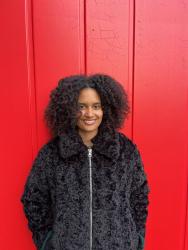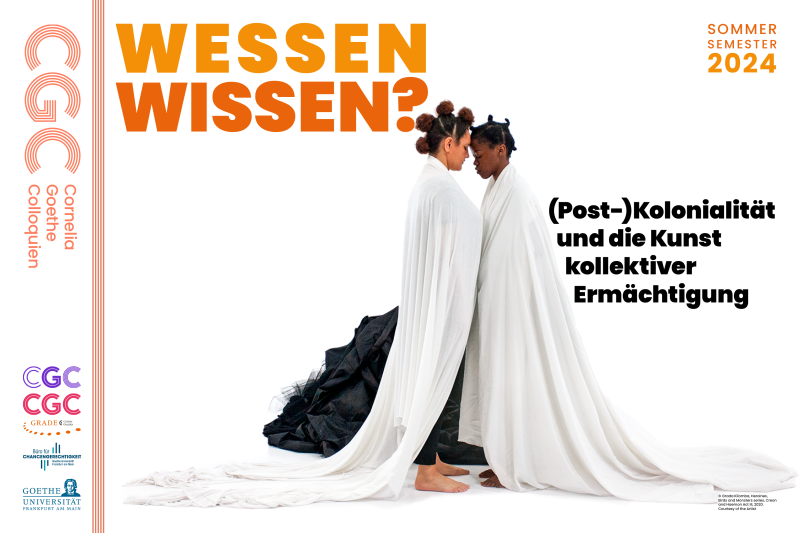
What does it mean to work with an archive about Fasia Jansen, a Black German Holocaust survivor, singer and activist? What are the consequences of the fact that this archive was created mainly from white feminist perspectives?
Who has access to which archives? And what can it mean for new knowledge creation and community building when archives are brought to life and further developed?
In this lecture, Marny Garcia Mommertz will consider (historical) power dynamics, in afro-diasporic and the context of Germany. Using remembrance as a form of contemporary empowerment, elements of Faisa Jansen's story and archive will be analyzed to gain insight into how it relates to contemporary German race relations. Furthermore, to tackle these questions from a global perspective, the work of the platform C& will also be addressed.

© Fayo Said
Marny Garcia Mommertz is a writer, artist and cultural producer. In her practice, she explores Afro-diasporic archives, especially in German and Cuban contexts. Since 2020 she has been working on the life and work of the Black German Holocaust survivor Fasia Jansen. She currently works with collage and mixed media installations and is managing editor of C& América Latina magazine. She holds an M.A. in Museum Studies from the University of Amsterdam.
The Cornelia Goethe Colloquia are an open discussion forum for interdisciplinary gender studies. Interested parties are cordially invited!

